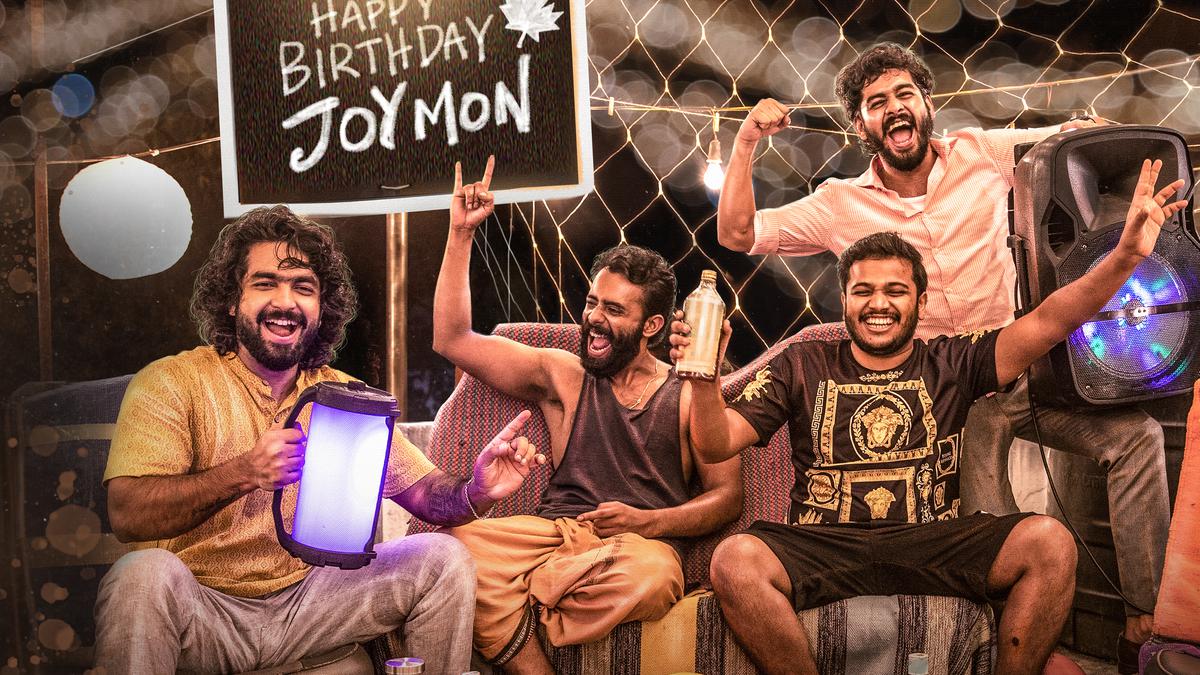
Why are Malayalam films struggling to attract theatrical audiences? Premium
The Hindu
Even as a whopping 165 Malayalam films were released in theatres in 2022, hardly 15 of them managed to set the cash registers ringing. While exhibitors and producers often tend to blame OTT platforms, the problem might be a little bit more deeper
Movie buffs who religiously head to theatres in Kerala on Fridays are now getting used to a disappointing sight, if the movie they are intending to watch is not a big release. With a sheepish smile, the person at the counter would tell them that there are not enough people to run a show. Five to ten people is the minimum occupancy that most theatre owners are looking for in order to screen a show, but the fact is that a large number of Malayalam releases these days are struggling to muster even these meagre numbers to get the show running.
Even as a whopping 165 Malayalam films were released in theatres in 2022, hardly 15 of them managed to set the cash registers ringing. This grim picture, which raises questions over the long-term sustainability of the industry, is a much less discussed side of contemporary Malayalam cinema, otherwise getting praised across the country for its fresh themes and experimentation. Ask any industry insider, and their finger would first point towards streaming platforms that bring latest releases to television sets, laptops or mobiles within a few weeks of the theatre opening.
Until a few years back, the blame used to be placed squarely on big releases from other languages, especially Tamil. Now, OTT platforms have taken that place, with film exhibitors organisations routinely demanding that movies be released in these platforms only after a considerable interval after the theatrical release. They argue that the expectation that the movie would be available for streaming within a few days keeps the audience away from the theatres, unless it is a lavishly mounted film which demands a theatrical experience. The stellar box office record of Shah Rukh Khan’s Pathaan is something that they highlight, where the makers of the film had earlier announced that it will be available on OTT platforms only 90 days after its release.
Yet, the audience preference for platforms is only part of the reason. If the theory about audiences preferring to watch only big visual extravaganzas in the theatres were true, what would explain the massive success of a small film like Romancham, that has been getting house full shows across the State ever since its release last week? Or that of another sleeper hit Jan-e-man amid all the COVID-19 restrictions in 2021, or Jaya Jaya Jaya Jaya Hey’s dream run last year?
Exhibitors and producers are also critical about the trend of OTT-oriented filmmaking — movies shot inside resorts, hotel rooms or other limited locations, and having only a handful of characters — which they say is aimed at making a quick buck than anything else. A whole bunch of them have landed in theatres in recent times and have bombed. The most recent example of this was the Shaji Kailas-Mohanlal movie Alone which released two weeks back and lived up to the title as far as theatre occupancy was concerned. However, anyone who has seen 12 Angry Men, The Man from Earth or even Mahesh Narayanan’s recent C U Soon would not doubt the potency of a film intelligently conceived within limited spaces. Case in point is Maju’s Appan, a movie made with a limited budget in a limited space, which got a direct OTT release, having content to stand on its own.
Blaming OTT platform saves industry insiders from spelling out one of the major reasons — the poor content of these films. Except for a few films like the Tovino Thomas-starrer Dear Friend, which failed mainly due to poor marketing despite being a well-crafted film, a majority were rehashes of the same old themes.
Poor quality content was not just the preserve of the old guard last year. The young stars, known for being bravely experimental, and filmmakers making their debut, have all been part of absolute duds. For instance, Aishwarya Lekshmi’s Archana 31 Not Out, a film with a laudable message spoiled by poor scripting, the Dileesh Pothan-Mathew Thomas starrer Prakashan Parakkatte and Shane Nigam’s immensely dull Ullasam are not the kind of films we typically associate with these actors. For example, in Ullasam one of the “heroic” acts of the protagonist was his posing as a gay person to put a groom in trouble and stop the wedding.













